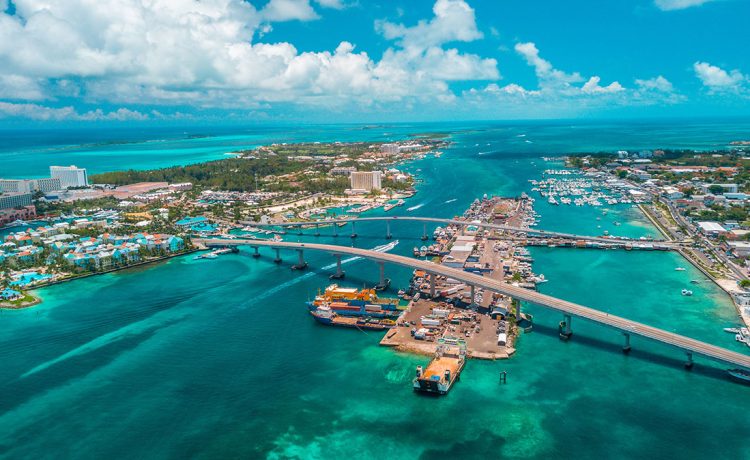maresiliencycenter.org – The Bahamas, an archipelagic nation in the Caribbean, is renowned for its stunning beaches, crystal-clear waters, and vibrant culture. The country’s economy is heavily reliant on tourism, which plays a pivotal role in its development and growth. This article explores the significance of tourism in The Bahamas’ economic landscape and the various initiatives aimed at sustaining and diversifying its economy.
The Dominance of Tourism
Tourism is the cornerstone of The Bahamas’ economy, contributing significantly to its GDP. It accounts for approximately 60% of the country’s total GDP, making it the largest sector in the local economy12. The industry not only generates substantial revenue but also creates numerous employment opportunities, directly and indirectly supporting a large portion of the population.
Economic Impact
The economic impact of tourism in The Bahamas is multifaceted. It includes the value of visitors, events, and industry segments, which collectively contribute to the country’s economic stability and growth. However, there is a notable leakage rate in the tourism industry, where over 80 cents of every dollar spent on tourism leaves the country, highlighting the need for strategies to retain more of this revenue locally.
Challenges and Initiatives
Despite its economic significance, the tourism industry in The Bahamas faces several challenges, including dependency on a single sector, vulnerability to external shocks, and the need for sustainable development. To address these issues, the government and various stakeholders have implemented several initiatives:
Diversification Efforts
There is a growing recognition of the need to diversify the economy beyond tourism. The Butler model, which emphasizes the importance of socio-economic development through tourism, provides a framework for sustainable growth. Efforts are being made to promote other sectors such as financial services, education, and entrepreneurship to reduce the economy’s reliance on tourism.
Sustainable Development
The Tourism Development Corporation (TDC) plays a crucial role in promoting sustainable tourism practices. The TDC works to enhance tourism products, create partnerships, and establish linkages that ensure the industry’s resilience and sustainability. Additionally, the Tourism Development Corporation Bill aims to encourage foreign investment while fostering local entrepreneurship, thereby strengthening the industry’s economic benefits.
Government Support
The government has been proactive in engaging the domestic audience to emphasize the importance of tourism to the economy. Initiatives like “Tourism is Everybody’s Business” by the Ministry of Tourism, Investments, and Aviation (MOTIA) aim to foster a sense of ownership and responsibility among Bahamians for the tourism sector.
Recent Developments
Recent reports indicate that the tourism sector in The Bahamas continues to show healthy growth. The Central Bank of The Bahamas’ Monthly Economic and Financial Developments (MEFD) report for May 2024 highlighted sustained growth in tourism output, underpinned by robust visitor arrivals and spending. These positive trends are crucial for the country’s economic recovery and future development.
Conclusion
The Bahamas’ economy is deeply intertwined with its tourism industry, which remains a critical driver of growth and development. While the country faces challenges related to economic dependency and sustainability, ongoing efforts to diversify the economy and promote sustainable tourism practices are essential for long-term prosperity. By leveraging its unique assets and fostering a resilient tourism sector, The Bahamas can continue to thrive as a premier destination in the Caribbean.

